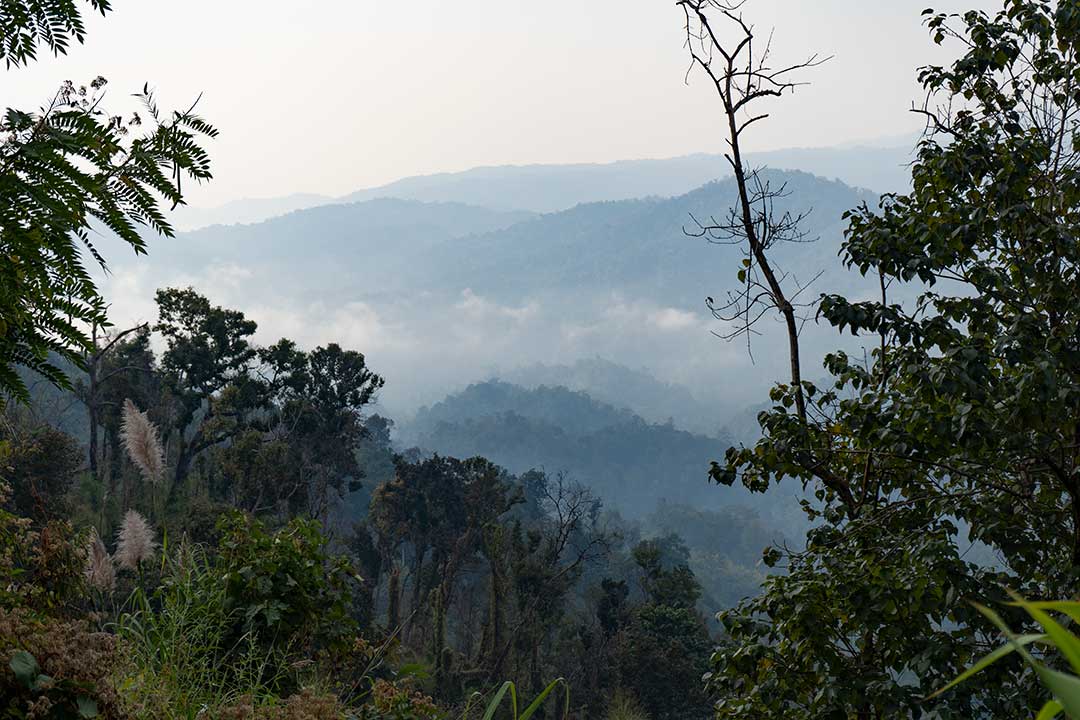
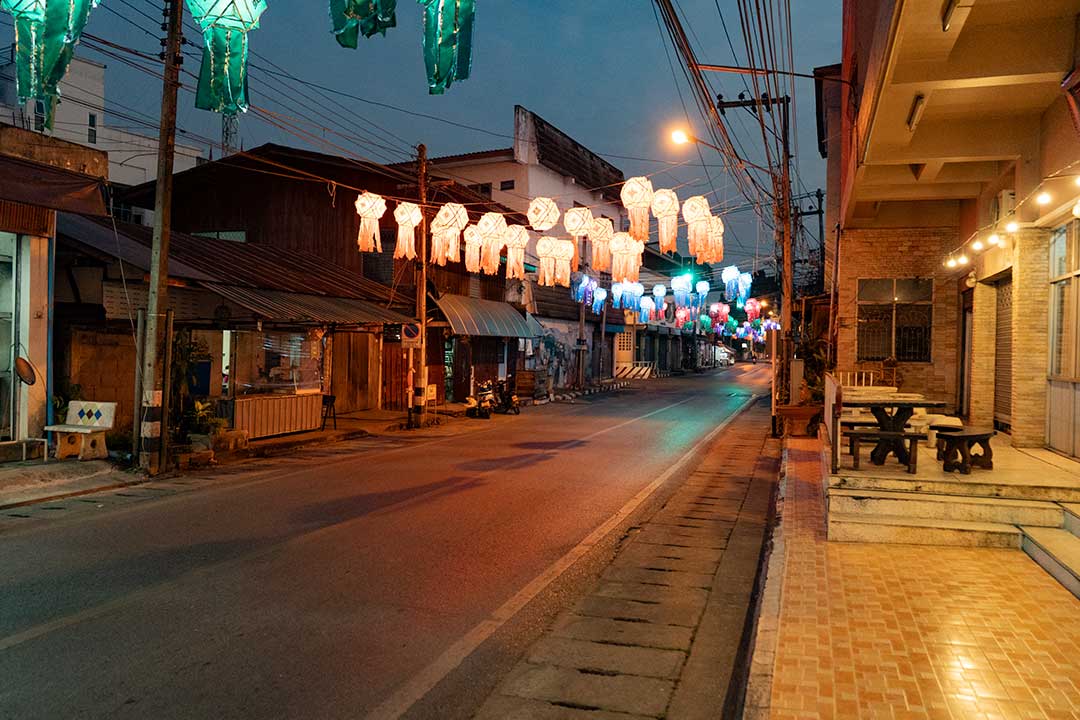
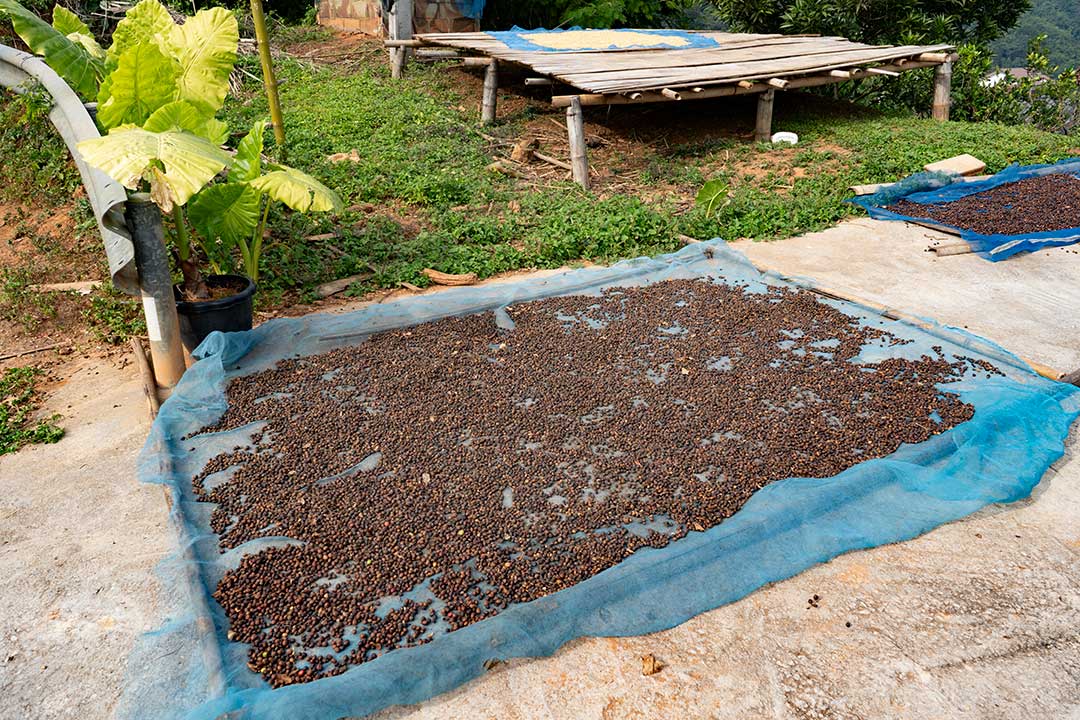
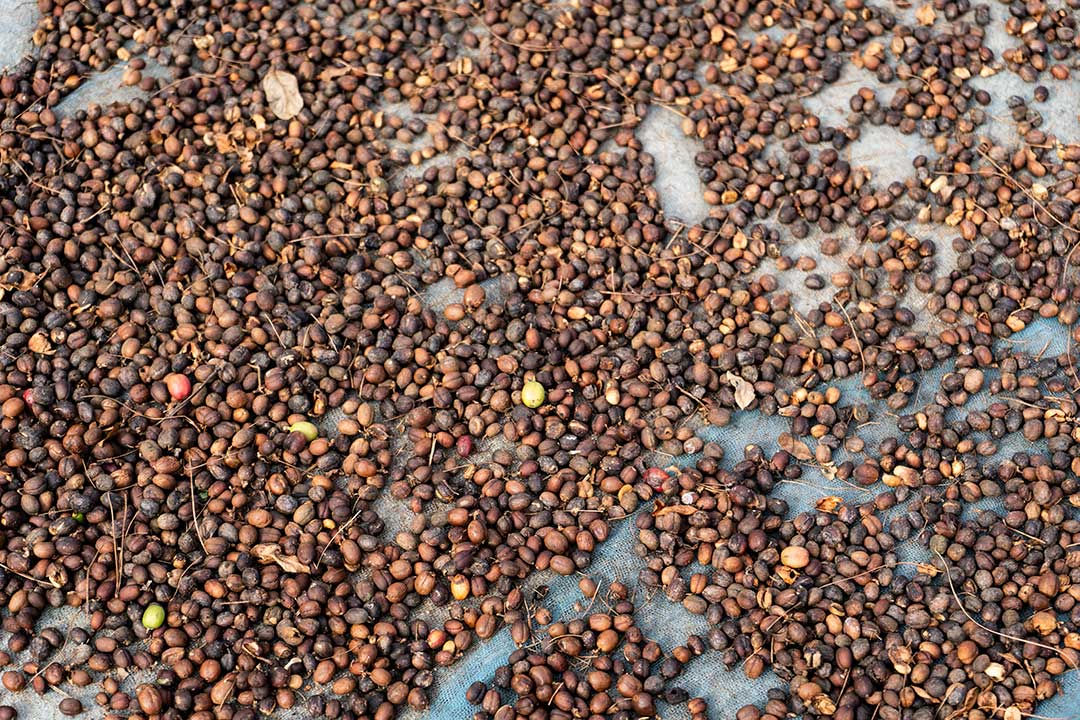
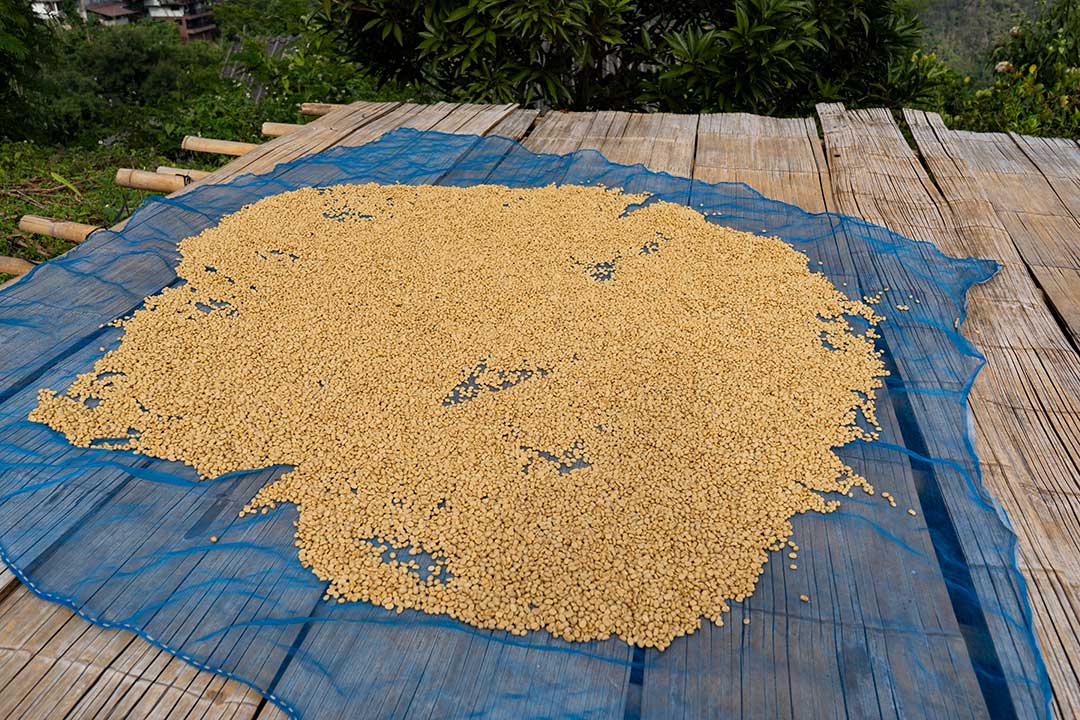
From Opium to Coffee
Thailand's Transition from Growing Opium to Coffee: A Tale of Transformation in the World of Thailand Coffee
Thailand’s coffee industry has undergone a remarkable transformation in recent years.
Once dominated by opium cultivation, the country has shifted its focus to coffee as a symbol of sustainable and economic progress.
Today, Thai coffee is globally recognized for its quality and sustainability, marking a significant shift from its past association with opium.
This transformation is a testament to Thailand’s resilience and commitment to positive change in its agricultural sector.
The Royal Project: A Visionary Shift
The turning point in Thailand’s agricultural history was the Royal Project, initiated by King Bhumibol Adulyadej in the 1960s.
Confronting the challenges of widespread opium cultivation, the King’s vision was to introduce alternative crops that could offer sustainable income and rehabilitate the land.
Coffee emerged as a prime candidate, fitting well with Thailand’s geography and climate.
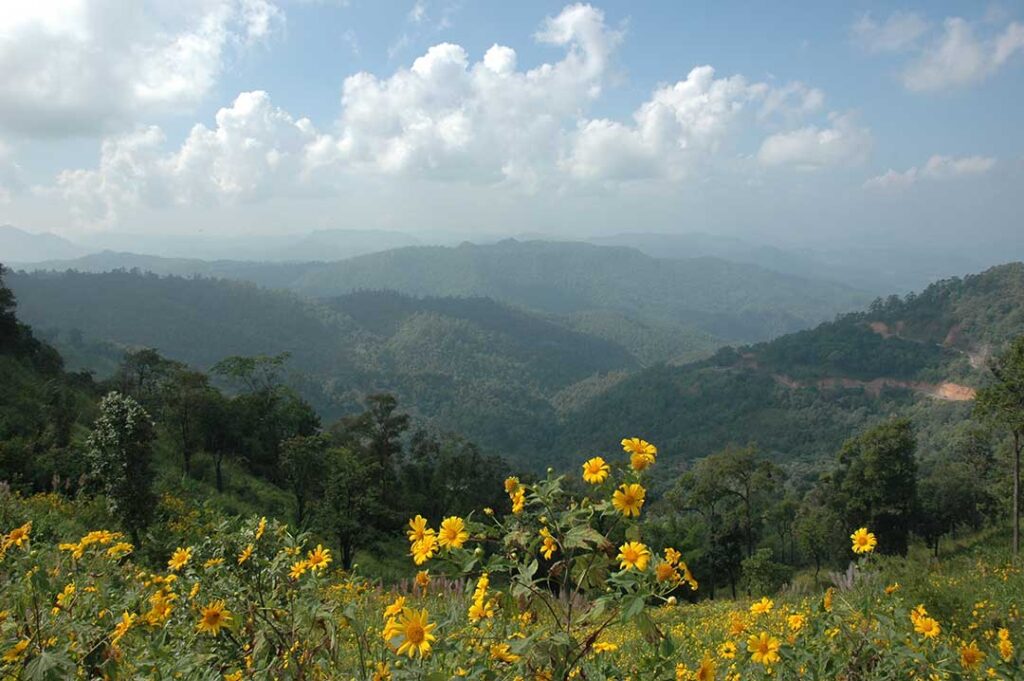
Coffee Takes Root: The Transition Phase
Transitioning from opium to coffee wasn’t an overnight change. It required a paradigm shift in farming techniques, market strategies, and local attitudes.
The Royal Project was pivotal in educating farmers, providing resources, and facilitating access to global markets.
This period saw the gradual but steady adoption of coffee cultivation, especially in the northern regions of Thailand, known today for their quality Thai coffee.
The Ripple Effect on Farmers and Communities
The impact of this transition was deeply felt by local communities.
Farmers who once relied on the precarious and illegal opium trade found stability and growth in coffee cultivation.
It wasn’t just an economic change but a social revolution, uplifting communities and fostering a sense of pride and ownership in the burgeoning Thailand coffee sector.
Thailand Coffee: An Environmental and Global Success Story:
The shift to coffee cultivation brought significant environmental benefits.
Thailand Coffee: An Environmental and Global Success Story:
The shift to coffee cultivation brought significant environmental benefits.
Coffee plants were more suitable for the local ecosystem, helping in soil conservation and biodiversity.
On a global scale, Thailand coffee began to gain recognition, known for its unique flavors and sustainable farming practices.
Today, Thai coffee is celebrated worldwide for its rich flavors and as a symbol of a nation’s determination to transform its agriculture for the better.
The journey from opium to coffee in Thailand is more than an agricultural success story; it’s a testament to the power of vision, dedication, and the relentless pursuit of sustainable development.
